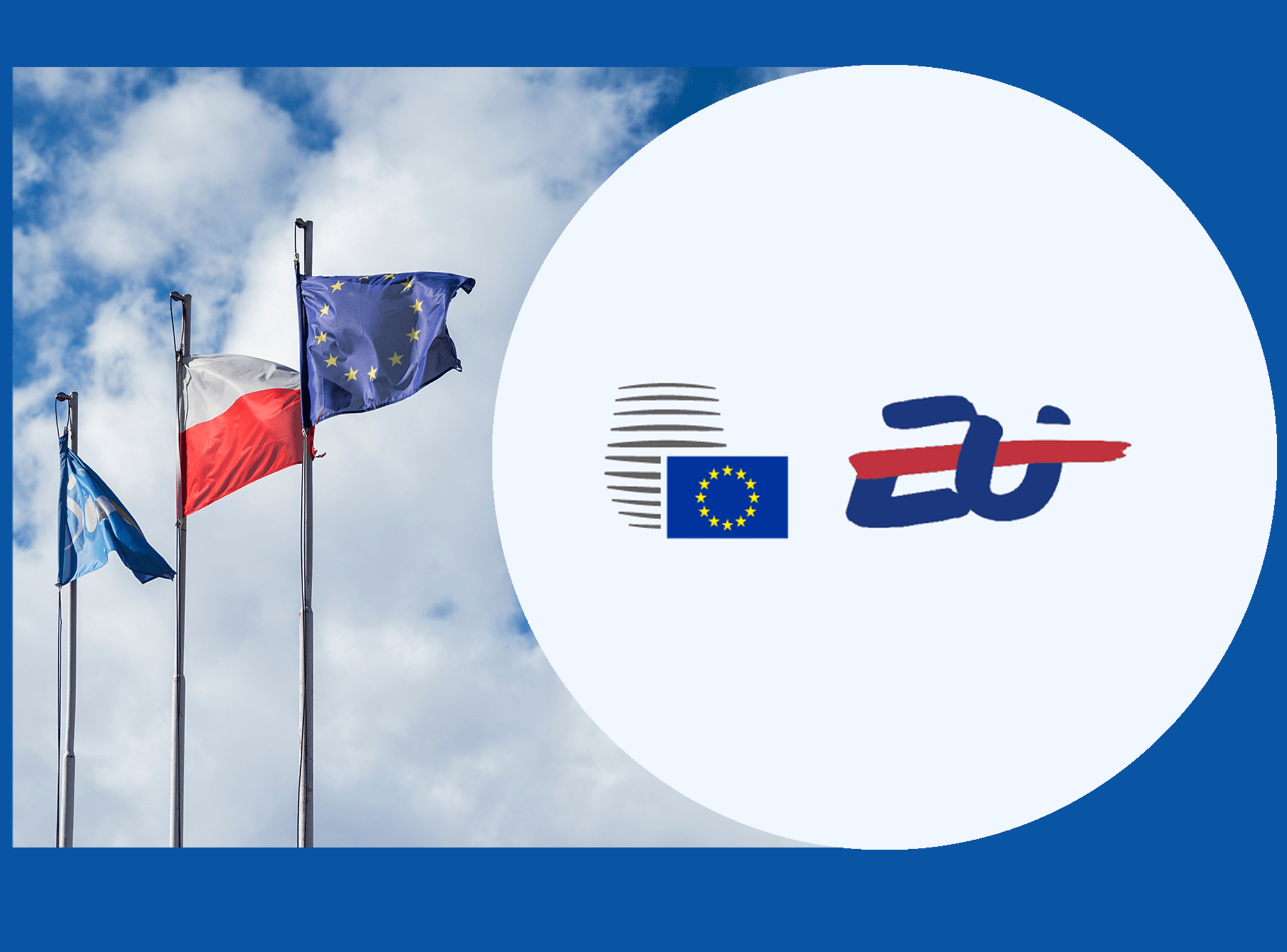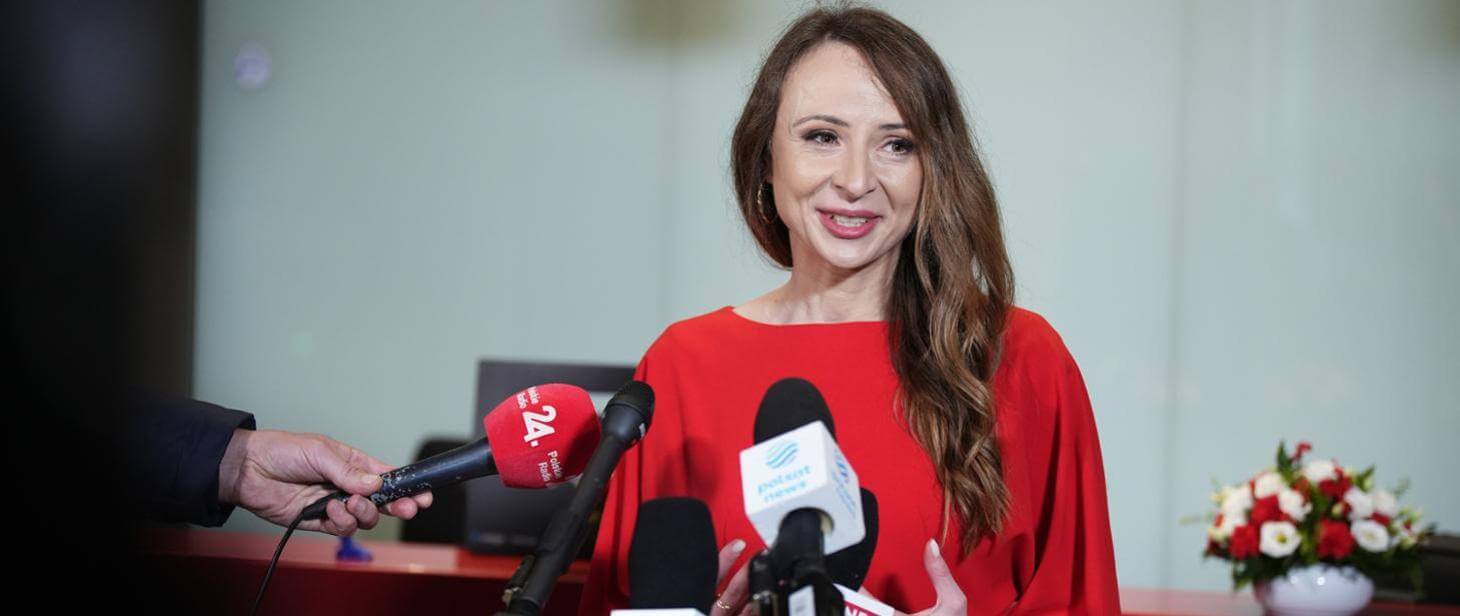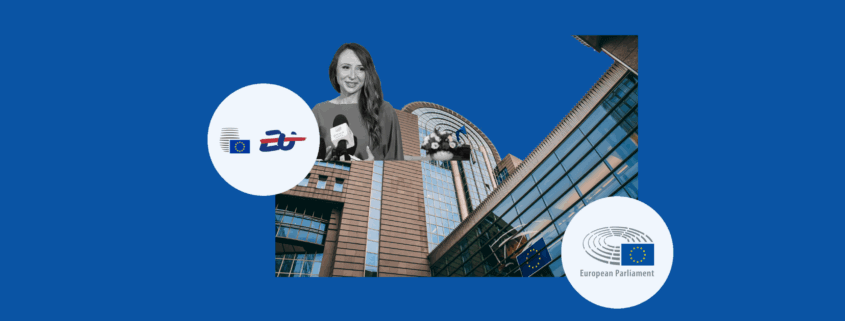New Agreement on the European Works Council (EWC) Directive: What does it mean for managers?
European Works Councils are bodies that represent employees in large multinational companies operating in at least two EU or EEA countries. They are designed to ensure workers are properly informed and consulted on company decisions taken at the European level that may affect employment or working conditions.

Poland is currently holding the presidency over the Council of the European Union
The Council of the EU (see main priorities of the Polish Presidency here [+]) and the European Parliament have just reached a provisional agreement to modernise the rules on European Works Councils (EWCs). This significant step will impact how large multinational companies engage with their workforce across borders.
This revision of the 2009 directive aims to make EWCs more effective, accessible, and enforceable, addressing long-standing shortcomings in the current legislation.
After today’s agreement, workers will need to be consulted on EU-level decisions impacting them, at least 40% of the EWC members will need to be women, and stricter penalties for violations will be implemented.

European works councils play a vital role in ensuring that employees of multinational companies are informed and consulted on cross-border decisions that impact them. Today’s agreement strengthens that role while ensuring more robust, fair, and transparent processes.
Agnieszka Dziemianowicz-BąkPolish Minister for Family, Labour, and Social Policy
Key Takeaways for Managers
Clarity on Transnational Scope
The definition of “transnational matters” has been sharpened to ensure that only decisions with substantial impact across multiple member states trigger EWC obligations.
This helps to avoid unnecessary administrative burdens linked to routine or minor issues.
More substantial Legal Certainty and Compliance Framework
The new rules provide clearer conditions for confidentiality and improve access to justice, ensuring that companies and EWC representatives operate within a more transparent and predictable legal environment. Costs related to legal or administrative processes will be covered, making managing disputes easier.

Gender Balance Goals
The agreement introduces a commitment to more balanced gender representation within EWCs—aligning with broader EU diversity and inclusion goals.
Meaningful Enforcement
Penalties for non-compliance will be more dissuasive and proportionate, factoring in the infringement’s seriousness, duration, and consequences. This will encourage proactive compliance and reduce companies’ risk exposure.
The new directive will streamline EWC processes, reduce legal ambiguity, and support more constructive employee relations in cross-border settings.
Well-functioning EWCs can help companies anticipate workforce reactions, facilitate change, and ensure smoother implementation of strategic decisions across multiple EU markets.
The agreement must now be formally confirmed by EU member-state ambassadors. Once adopted, member states will have two years to transpose the directive into national law, with complete application expected three years from entry into force.



